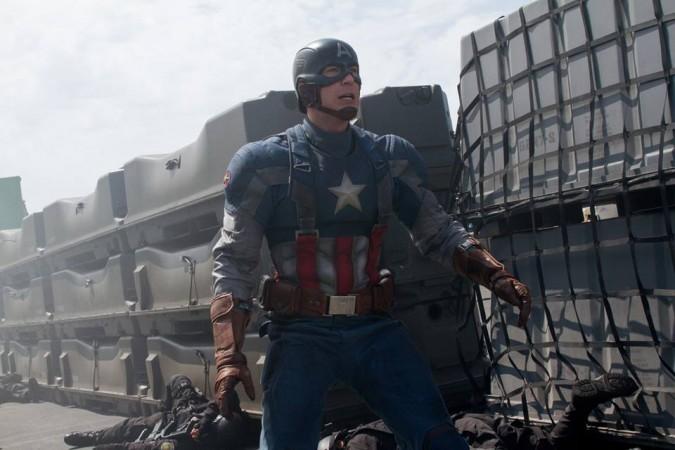
Warning: This article contains spoilers from "Captain America: Civil War"
Is the MCU [Marvel Cinematic Universe] family broken forever? Or is there still hope for Captain America and Iron Man to reconcile and reunite against the forces of evil. The latter is more likely to happen, otherwise why would the makers divert from the "Civil War" comic book and keep Captain America alive in the movie.
In an earlier interview, writers of the film addressed this key plot change by giving the obvious answer that Cap will be needed in "Avengers: Infinity War." But in their latest interview with Empire, director-duo Joe and Anthony Russo elaborate on why they decided to keep the character alive.
"Frankly, it just seemed like an easy ending," Joe said on deciding against adapting the death of Captain America. "We thought a more complicated ending would be more interesting -- to see the ramifications of that moving forward. Killing Cap ends that conceptually. There would be guilt on Tony's part."
Anthony further explained that point, saying: "We were saying to ourselves, the genre -- and perhaps the MCU -- has gotten to a point where the audience are sensing the patterns in the genre. Joe and I have always been about: how do we subvert genre? The more difficult and more interesting place to leave a family fight is: can these important relationships ever be repaired? Is this family broken permanently?"
The directors also weighed in on the film's ending where Cap leaves his shield behind after defeating Iron Man. Talking about what this means for the character, Anthony said: "Dropping the shield is a rejection of the Captain America identity and a choice to embrace the Steve Rogers identity," Anthony Russo said.
Joe went on to explain that he's now a "full-blown insurgent," and that "the most interesting thing you can do is to take him from a patriot in the first film to an insurgent in the third movie."










